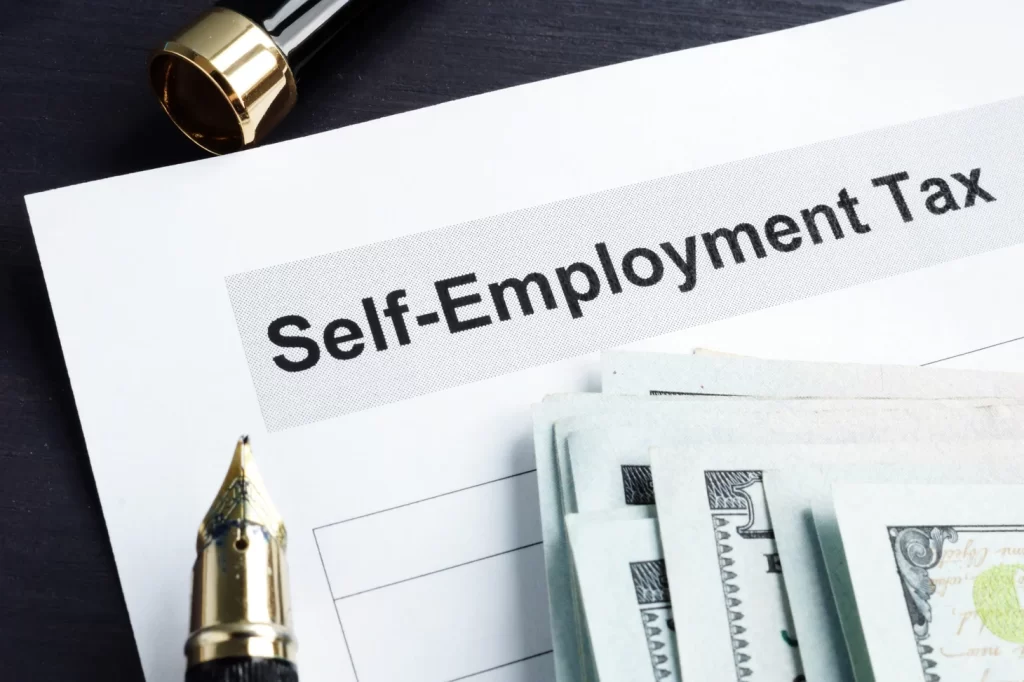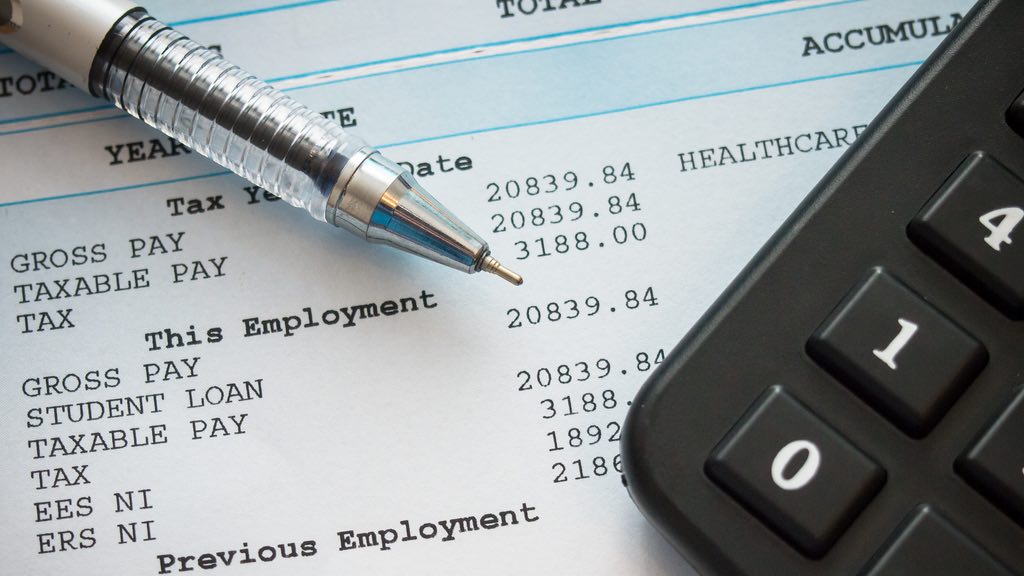Taxes for the Self-Employed
If you are a self-employed individual, you probably have some questions about your tax liability. There are a number of important issues you need to understand, such as how much you are liable to pay in taxes and how you are supposed to calculate them.
Table of contents
What Does Self-Employed Mean?
Self employed is a term used to describe an individual who works for themselves, instead of an employer. Being self employed gives you a lot of freedom, but it also comes with responsibilities.
Self-employed people have their own business, which means also they’ll have to pay business income tax. They don’t have to get paid through PAYE, and they don’t have a manager or a boss to tell them how to work.

There are a variety of jobs that qualify as self employed. Some examples include graphic designers, social media influencers, and online tutors. These jobs give you a lot of flexibility, but it’s important to keep in mind that your responsibilities will be big.
Another important aspect to remember is that you’ll have to pay Medicare and Social Security taxes. You’ll have to submit your tax information each quarter.
If you’re not sure what you’re doing, also it’s a good idea to talk to your local Enterprise Office. They can help you get started with your self-employed business.
There are also a number of benefits to being self-employed. For example, you can work from home, meaning you’ll have more time for family and other activities. Also, you’ll be able to say no to jobs that don’t interest you.It’s important to make time for your family, but you shouldn’t forget about your business.
What is Self-Employment Tax?
Self Employment Tax is a payroll tax that must be paid by self employed individuals. It is like the FICA tax that is withheld by employers. The amount of self employment taxes that must be paid depends on the earnings of the individual.
Self employment tax is used to fund Social Security and Medicare benefits. It is paid by freelancers, independent contractors, and small business owners. To pay it, the taxpayer provides an ITIN or Individual taxpayer identification number. If the taxpayer fails to pay the self employment tax, the IRS can impose a payment penalty.

The self employment tax rate is 15.3%. This rate includes 12.4% for Social Security and 2.9% for Medicare. The self employment tax is calculated on Schedule SE of the IRS Form 1040. There are instructions on how to claim the deduction on the form.
Types of Self-Employment Taxes
The Social Security tax and the Medicare tax are the two primary categories of self-employment taxes. Let’s examine each of these taxes more closely and what they mean for you.
| Tax | Rate | Income Cap |
| Social Security | 12.4% | $147,000 |
| Medicare | 2.9% | No cap |
Social Security Tax
The Social Security program, which offers retirement and disability payments to eligible people, is funded by a tax known as the Social Security tax. The self-employment Social Security tax rate in 2023 is 12.4%.
However, the Social Security tax is only levied on the first $147,000 of your net self-employment income. You are no longer required to pay Social Security tax on your income once you reach a threshold of $147,000.
Medicare Tax
The Medicare program, which offers health insurance to those who qualify, is funded by the Medicare levy. The Medicare tax rate for independent contractors is 2.9% in 2023. You must pay the Medicare tax on all of your net self-employment income since, unlike the Social Security tax, it has no income cap.
How is Self-Employed Tax Calculated?
Self employment tax is a tax paid by independent contractors and freelancers. The amount of self employment tax you owe depends on your annual earnings. If your total tax bill is over $1,000, you will probably have to make quarterly estimated tax payments. You may be able to deduct half of the tax from your income.
Self-employment taxes are similar to Social Security and Medicare taxes, but they are paid instead of withheld from your pay. Because of this, it is considered a “pay-as-you-go” system. This means you must track your expenses and revenues throughout the year to calculate your tax. Using this formula can help you budget for upcoming tax years.

In addition to self-employed tax, self-employed individuals also have to pay state and local taxes. However, they can deduct half of their self-employment taxes from their adjusted gross income. This can help lower your tax bill.
Self-employment taxes can be paid by check, money order, or online. For more information, check with your state’s Department of Revenue or the IRS.
To calculate your self-employed tax, you must subtract your business expenses from your net income. Your business expenses include costs related to setting up your work space, buying office supplies, and technology. It may be possible to offset your earnings with certain qualifying expenses.
Final Thought
In conclusion, self-employment offers independence and flexibility but also tax obligations. Self-employed people pay 15.3% self-employment tax on business revenue, Medicare, and Social Security. Estimated Tax for People simplifies self-employment tax calculations.
Self-employed people can deduct half of their self-employment taxes from their AGI. To calculate tax liability, track expenses and revenues throughout the year. Contact your local Enterprise Office or the IRS for assistance.
You can click here for more detailed information about taxes.
FAQ
Self-employment taxes, which include Social Security and Medicare taxes, are due by self-employed people. The self-employment tax rate is now 15.3% and is based on net self-employment income.
Self-employed people must pay self-employment tax. Deducting business expenses or investing in tax-advantaged retirement funds can lower your self-employment tax liability.
Self-employed people pay both the employer and employee portion of Social Security and Medicare taxes, which may increase their taxes. Self-employed people can decrease their taxes via tax deductions and credits.
Self-employment income is taxed. Freelance, consulting, and small business revenue are examples.
Self-employed people should save 25–30% of their income for taxes. The actual amount depends on your circumstances and tax condition. To set aside the right amount, keep proper records and consult a tax professional.





